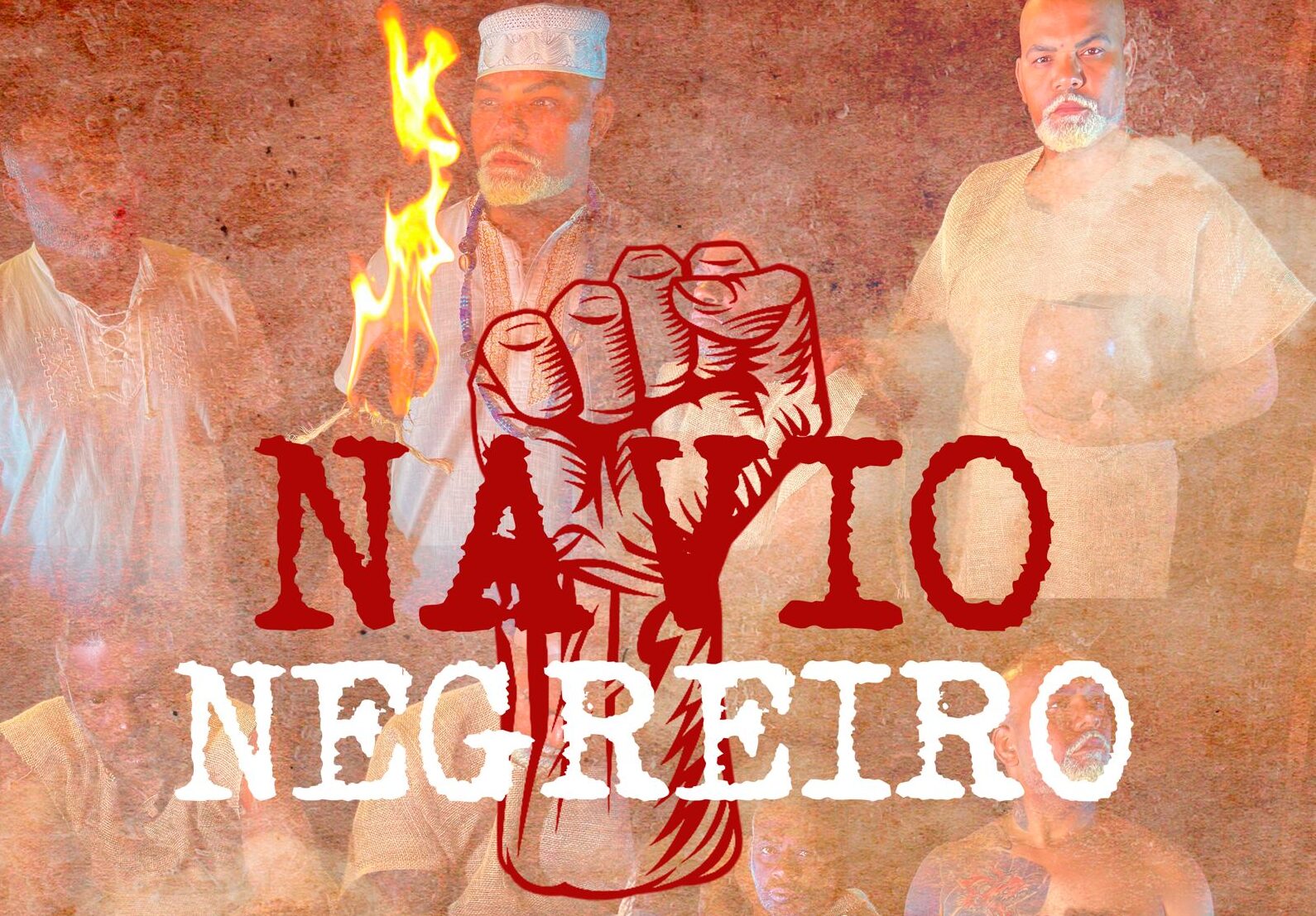Emerging Trends & Immediate Impact: 72 Arrests Follow Clashes – breaking news in ghana today – A Nation Responds to Shifting Dynamics & Urgent Developments.
The recent developments unfolding in Ghana are prompting significant attention both domestically and internationally. Breaking news in ghana today centers around clashes that have resulted in 72 arrests, sparking a national conversation about public order, security protocols, and the underlying socio-political dynamics at play. These incidents necessitate a comprehensive examination of the immediate causes, the broader context, and the potential long-term implications for the nation’s stability and democratic processes.
The situation demands a nuanced understanding, moving beyond superficial reports to delve into the root causes triggering these confrontations. It’s crucial to analyze the factors contributing to public discontent and the effectiveness of existing mechanisms for conflict resolution. The subsequent legal proceedings and governmental responses are equally important areas of focus as Ghana navigates this delicate period.
The Immediate Trigger and Initial Response
The immediate catalyst for the unrest stemmed from a protest organized against perceived economic hardship and government policies. Initial reports indicate a peaceful demonstration that escalated following confrontations with law enforcement officials. Accounts vary regarding the use of force, with allegations of excessive responses from both sides fueling further tensions. The swift response from authorities, leading to the arrest of 72 individuals, aims to restore order, but has simultaneously raised concerns.
The immediate aftermath saw increased security presence in key urban centers, coupled with statements from government officials urging calm and promising a thorough investigation. However, public sentiment remains divided, with some demanding greater accountability and transparency in the handling of the incident. This situation underscores the importance of impartial investigation.
| Date of Incident |
Location of Clashes |
Number of Arrests |
Reported Injuries |
| October 26, 2023 |
Accra, Ghana |
72 |
25 (Both Protesters & Officers) |
| October 26, 2023 |
Kumasi, Ghana |
15 |
8 (Primarily Protesters) |
Underlying Socio-Economic Factors
The protests are not isolated events but rather a manifestation of deeper socio-economic grievances. Ghana, while experiencing economic growth in recent years, faces significant challenges regarding income inequality, unemployment, and access to essential services. These underlying issues create a fertile ground for discontent, making the population more susceptible to mobilization in response to perceived injustices.
The rising cost of living, coupled with concerns over corruption and a lack of opportunities, has fueled public frustration. A significant segment of the population, particularly young people, feels marginalized and excluded from the benefits of economic progress. Addressing these systemic issues is critical to preventing future unrest and fostering long-term stability.
The Role of Youth Unemployment
A particularly critical factor contributing to the unrest is the high rate of youth unemployment in Ghana. Graduates often struggle to find meaningful employment, leading to disillusionment and resentment. This demographic is disproportionately affected by economic hardship and is therefore more likely to participate in protests, making them a considerable force for change. The government’s policies relating to job creation and skill development are currently under intense scrutiny. The current landscape isn’t just about finding jobs, it is about finding sustainable jobs, with fair wages that reflect the cost of living, allowing young people to begin families and contribute effectively to the national economy.
Furthermore, the lack of access to credit and funding opportunities hinders entrepreneurial initiatives amongst young Ghanaians, limiting their ability to create their own employment. Creating an enabling environment for young entrepreneurs, including simplifying the process of starting a business and providing access to capital, is crucial to tackling youth unemployment and fostering economic empowerment. Strong collaboration between the government, private sector, and educational institutions is essential to address the skill gap and equip young people with the necessary tools to succeed in the evolving job market. Investing in vocational training and apprenticeship programs can help bridge the gap between educational qualifications and market demand, creating a skilled workforce prepared to meet the needs of the economy.
Political Dimensions and Governance
The current situation also carries significant political dimensions. Opposition parties have capitalized on the unrest to criticize the government’s handling of the economy and security situation. Accusations of political interference and selective enforcement of the law have further inflamed tensions. It’s essential to ensure that the investigations into the clashes are conducted impartially and transparently to maintain public trust in the rule of law.
Good governance, accountability, and respect for human rights are fundamental principles for maintaining stability and fostering inclusive development. Strengthening democratic institutions, promoting citizen participation, and addressing corruption are vital steps towards building a more just and equitable society. Continued dialogue between the government, civil society, and other stakeholders is critical.
- Promote Transparency in Government Spending
- Strengthen Independent Oversight Institutions
- Enhance Citizen Participation in Decision-Making
- Ensure Equal Access to Justice for All Citizens
Regional and International Implications
The instability in Ghana has potential regional and international repercussions. Ghana is a key player in regional stability and economic cooperation within West Africa. Any prolonged period of unrest could disrupt trade, investment, and regional security initiatives. The international community is closely monitoring the situation, calling for restraint and peaceful resolution of the conflict.
The incident also raises broader questions about the state of democracy and the challenges facing many African nations in balancing economic development with political freedoms. Ghana has long been regarded as a beacon of democracy in the region; these events threaten that reputation and underscore the need for renewed commitment to democratic principles and good governance.
The Influence of Social Media
The role of social media cannot be overlooked in amplifying the information and mobilizing support during these protests. While social media provides a platform for citizens to express their views and hold authorities accountable, it also poses risks. The spread of misinformation and inflammatory rhetoric can exacerbate tensions and incite violence. It’s crucial for social media platforms to actively combat the spread of false information and promote responsible online behaviour.
Governments need to balance the need to protect freedom of expression with the responsibility to prevent the misuse of social media to incite violence or spread hate speech. Promoting media literacy and critical thinking skills amongst citizens is essential to equip them to discern accurate information from false narratives. Civil society organizations can also play a role in fact-checking and debunking misinformation, contributing to a more informed public discourse. Preserving media freedom and defending journalists from harassment and intimidation remain vital elements of a democratic society. Ongoing vigilance and adaptation are vital as technology continues to evolve.
Looking Ahead: Pathways to Resolution
Moving forward, a multi-faceted approach is required to address the root causes of the unrest and restore stability. This includes initiating an independent and impartial investigation into the clashes, ensuring accountability for any wrongdoing, and addressing the underlying socio-economic grievances that fueled the protests. Meaningful dialogue with civil society organisations is fundamental.
Investing in education, job creation, and social safety nets is essential to creating a more inclusive and equitable society. Strengthening democratic institutions, promoting good governance, and upholding the rule of law are vital steps towards fostering lasting peace and stability. The future of Ghana depends on the willingness of all stakeholders to engage in constructive dialogue and work towards a shared vision for the nation’s future.
- Establish an independent inquiry into the clashes.
- Implement economic reforms to address inequality.
- Strengthen democratic institutions and governance.
- Promote dialogue and reconciliation.

 Entretenimento1 semana ago
Entretenimento1 semana ago
 Famosos2 semanas ago
Famosos2 semanas ago
 Famosos2 semanas ago
Famosos2 semanas ago
 Famosos2 semanas ago
Famosos2 semanas ago
 Famosos2 semanas ago
Famosos2 semanas ago
 Famosos2 semanas ago
Famosos2 semanas ago
 Famosos6 dias ago
Famosos6 dias ago
 Famosos2 semanas ago
Famosos2 semanas ago




